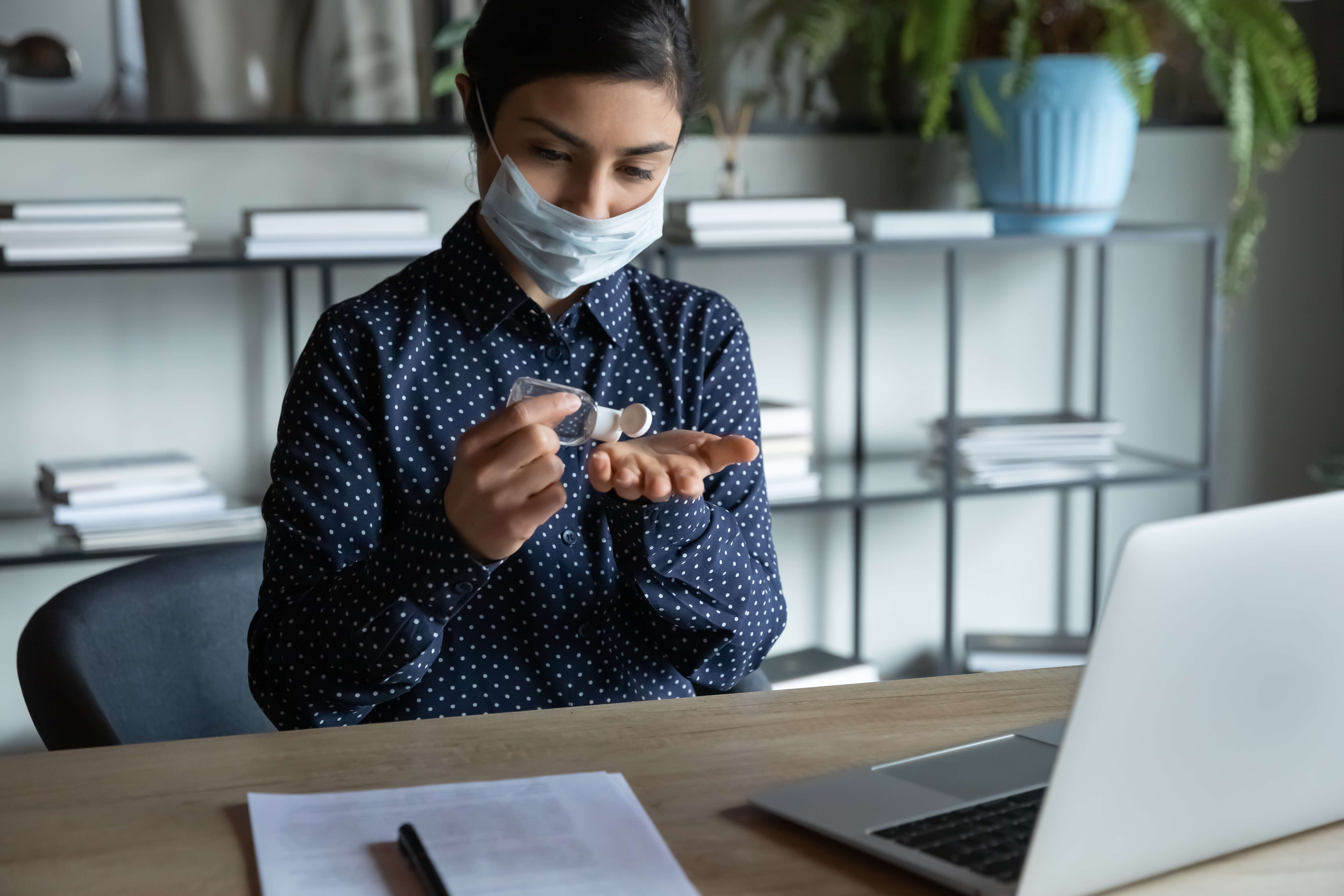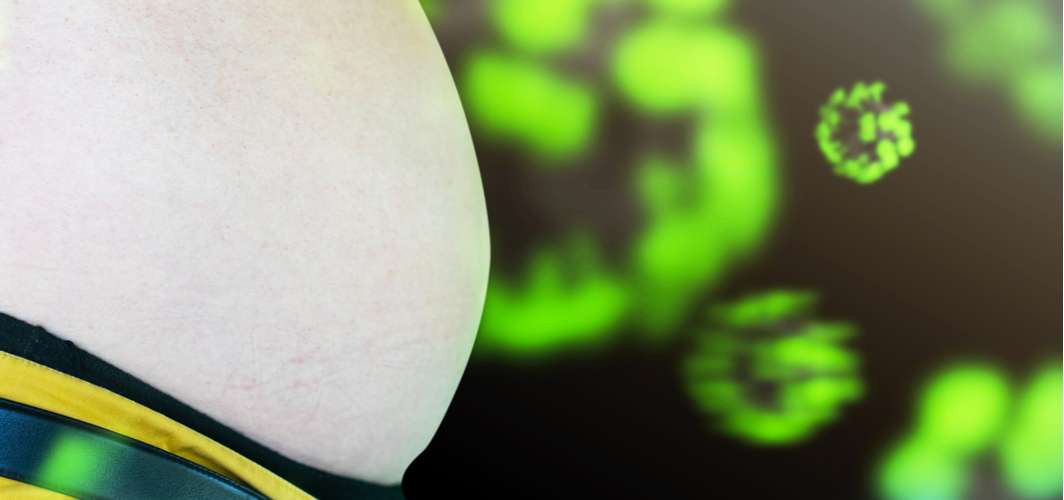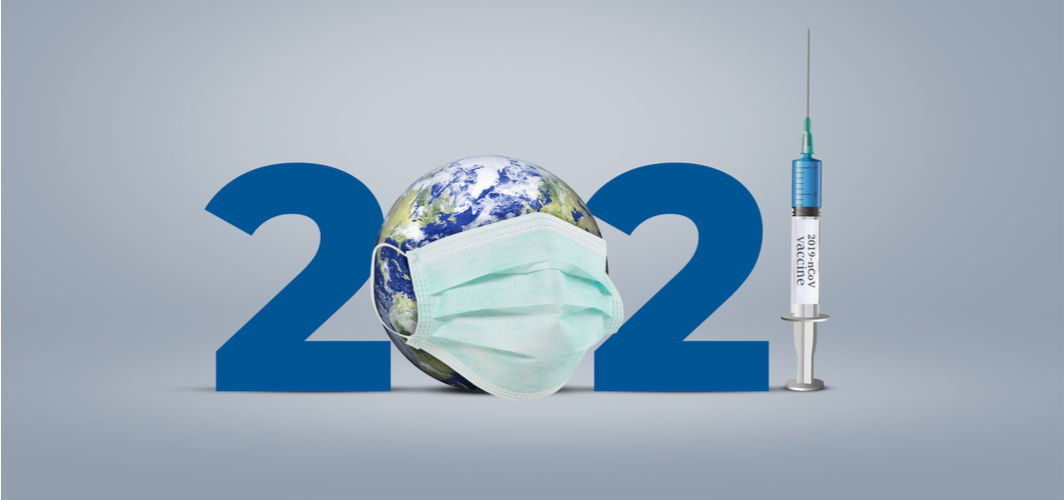Coronavirus Updates
How Does Coronavirus Affect Cancer Patients?
3 min read
By Apollo 24/7, Published on - 29 May 2020, Updated on - 18 October 2022
Share this article
0
1 like

COVID-19 is an infection caused by a Coronavirus, officially named SARS-CoV-2 (Severe Acute Respiratory Syndrome Coronavirus 2). Coronavirus usually causes a mild illness with fever, sore throat, and cough as the symptoms. Sometimes in about 20 percent of patients, it may cause a severe illness with a three to four percent death rate.
Once Coronavirus infects a person, their body’s immune system starts fighting against the virus. People with cancer may have lower immunity and may need to take additional precautions to fight against Coronavirus.
What does research on Coronavirus-infected Cancer patients reveal?
Researchers from China conducted a study on 28 cancer patients admitted in three different hospitals from January 13, 2020 to February 26, 2020. They examined factors that are associated with a severe illness; severe illness usually means an admission into the Intensive Care Unit (ICU) of the hospital, needing mechanical ventilation, and may also lead to death in few cases.
In this study, fifteen patients (53.6 %) had severe illness as compared to 20% of patients in the general population who developed severe illness. The above data revealed that cancer patients may be at higher risk of severe illness than normal people. However, this may not be always true given that the sample size is very small for this study.
The study also revealed that eight patients (28.6%) developed COVID-19 while undergoing cancer treatment in the hospital and the remaining 20 patients (71.4 %) got it from their community. This is important, as unlike the rest of the community, cancer patients need to visit the hospital for regular treatment. Hence, it is important for cancer patients to be aware of the precautions given below and safeguard themselves during COVID-19.
How can cancer patients protect themselves during COVID-19?
The Centre for Disease and Protection (CDC) has recommended a few guidelines for cancer patients during COVID-19, as given below:
- Try to stay at home as much as possible and avoid contact with other patients
- Avoid sharing the bed, bathroom, towels, and food items with your family members to lessen the risk of contracting Coronavirus from asymptomatic members
- Although some types of chemotherapy can weaken the immune system, one should continue the cancer treatment plan. Do not change the treatment plan without discussing with a doctor
- Watch out for fever. If your body temperature is 100.4oF or higher, please seek medical attention immediately
- Do not delay in receiving emergency care for cancer because of COVID-19. Hospitals have infection prevention plans to lessen your risk of exposure
- Discuss your concerns of risk of exposure to Coronavirus with your doctor
- Use telemedicine services whenever needed as recommended by your doctor. Telemedicine refers to the practice where a doctor may treat the patient with the help of audio or video consultation by the means of a phone or laptop.
- Take guidance from medical personnel and maintain two weeks’ worth of supply of emergency medicines at home
- Talk to your doctor and keep your vaccinations up-to-date
- Practice hand hygiene -Wash your hands with either soap and water for at least 20 seconds or use hand sanitizer with 60% alcohol if soap and water are not readily available
- Practice social distancing -Maintain at least 6 feet distance, avoid large gatherings, and have groceries and medicines delivered to your home
- Cover your mouth and face with a mask when you visit a hospital
- Clean and disinfect all frequently touched surfaces at home.
Conclusion:
Cancer diagnosis and treatment is rapidly evolving in the wake of COVID-19. Needless to say, cancer treatments are always a priority in our health care system. However, medical experts recommend continuing the treatment with extra precautions to reduce the risk of COVID-19 in cancer patients.
Coronavirus Updates
Leave Comment
Recommended for you

Coronavirus Updates
What Is Proning and How Does It Help COVID-19 Patients Breathe Better?
The Ministry of Health and Family Welfare (MoHFW) has issued clinical guidance on proning, a medicaly accepted position that can help improve breathing and oxygenation in COVID-19 patients.

Coronavirus Updates
What Safety Precautions Should Employees Returning to Work after the Lockdown Take?
Avoid going to the office if you feel unwell and seek medical attention immediately. If you are healthy and must go to office, follow precautions to protect yourself at the workplace.

Coronavirus Updates
Does Obesity Cause Severe COVID-19 Complications?
Recent research has revealed that obesity-related conditions can cause significant complications in COVID-19 infected people.
Subscribe
Sign up for our free Health Library Daily Newsletter
Get doctor-approved health tips, news, and more.
Visual Stories

Covid-19 Updates: Are Things Getting Brighter?
Tap to continue exploring
Recommended for you

Coronavirus Updates
What Is Proning and How Does It Help COVID-19 Patients Breathe Better?
The Ministry of Health and Family Welfare (MoHFW) has issued clinical guidance on proning, a medicaly accepted position that can help improve breathing and oxygenation in COVID-19 patients.

Coronavirus Updates
What Safety Precautions Should Employees Returning to Work after the Lockdown Take?
Avoid going to the office if you feel unwell and seek medical attention immediately. If you are healthy and must go to office, follow precautions to protect yourself at the workplace.

Coronavirus Updates
Does Obesity Cause Severe COVID-19 Complications?
Recent research has revealed that obesity-related conditions can cause significant complications in COVID-19 infected people.